Restrepo: The Unseen Scars of War
In a world where war is often dramatized with orchestral scores and slow-motion hero shots, Restrepo stands apart — raw, unfiltered, and terrifyingly real.
Released in 2010, Restrepo is not a typical war film. It doesn’t seek to entertain. It doesn’t try to justify or condemn. It simply shows — and what it shows, lingers.
Directed by Sebastian Junger and the late Tim Hetherington, this harrowing documentary takes viewers deep into Afghanistan’s Korengal Valley — one of the most dangerous combat zones on Earth at the time. For 15 months, the filmmakers lived alongside the men of Second Platoon, Battle Company of the U.S. Army’s 173rd Airborne Brigade. The result? A visceral front-row seat to the blood, boredom, fear, laughter, and heartbreak of modern warfare.
A Name, A Place, A Memory
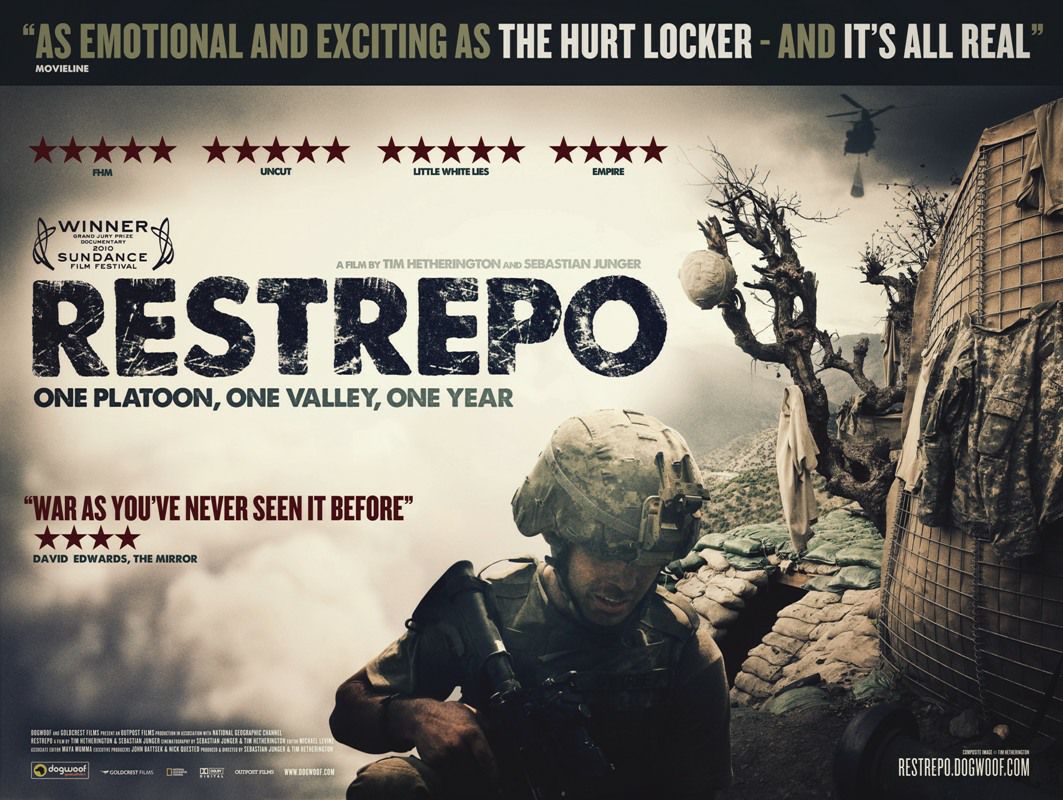
The title Restrepo carries a weight that hangs over every frame. It’s the name of a fallen medic, PFC Juan Sebastián Restrepo — beloved by his comrades, killed early in the deployment. In his memory, the platoon named their remote outpost after him: OP Restrepo.
But this film isn’t about tactics or politics. It’s about people. About what happens when young men are dropped into a valley where bullets can fly from any direction, any time, any day — and yet they still find a way to laugh, to bond, to carry on.
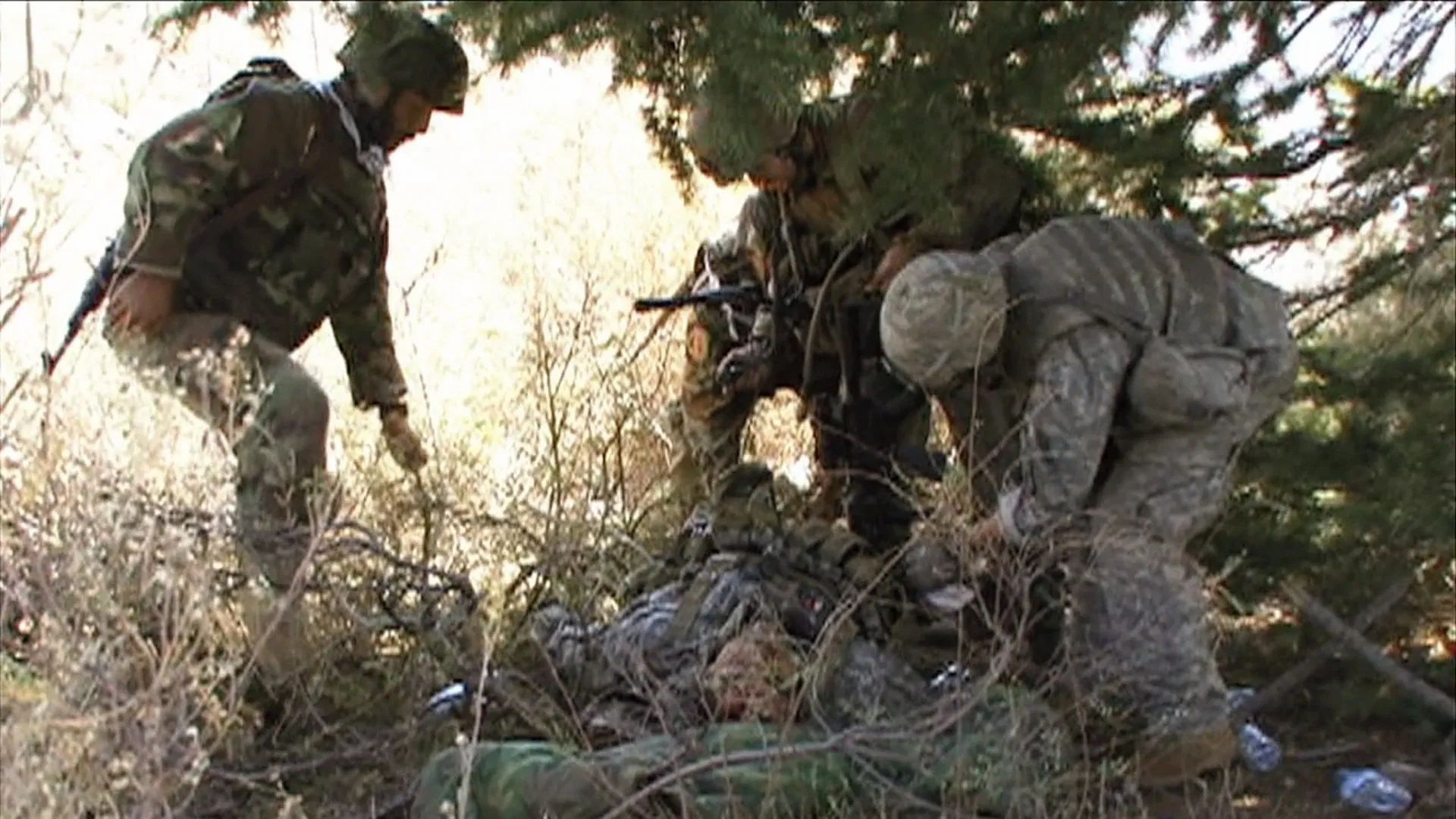
No Narration, No Judgment — Just Truth
Unlike most documentaries, Restrepo offers no guiding narration, no interviews with generals, no after-the-fact analysis. The camera is there with the soldiers, as things happen — in firefights, in jokes between patrols, in moments of grief and silence.
The effect is haunting. The audience becomes another silent member of the platoon, watching as the emotional strain builds, as days bleed into nights and months go by without change. The humanity of these soldiers is laid bare. There are no caricatures here, only complexity.
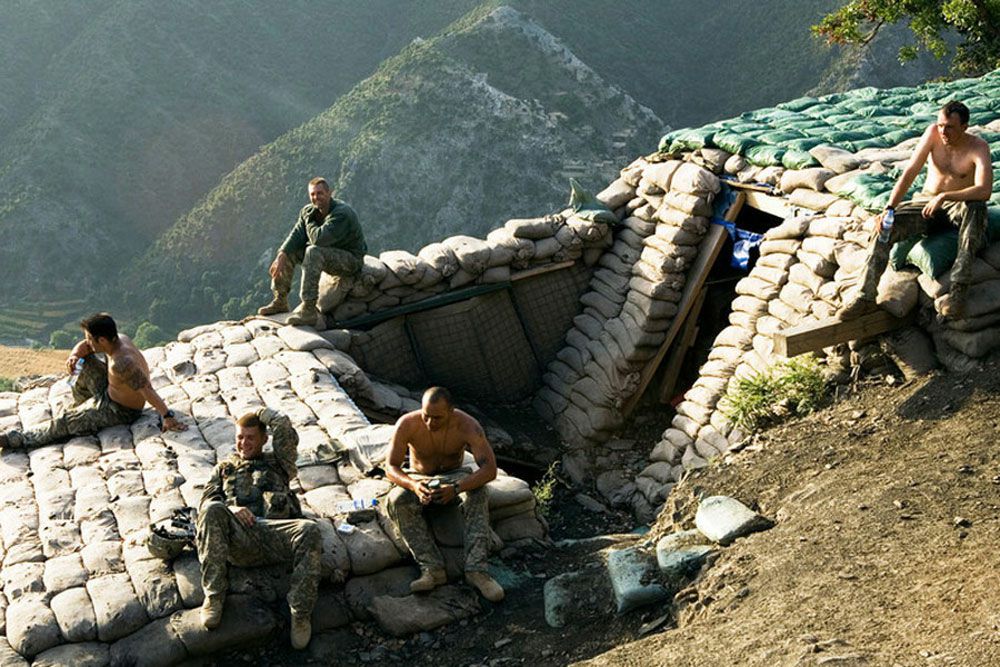
Critical Acclaim, But at a Cost
Premiering at the Sundance Film Festival in 2010, Restrepo won the Grand Jury Prize for Best U.S. Documentary and went on to receive an Academy Award nomination. Critics called it “unforgettable,” “harrowing,” and “deeply human.”
But the film’s success came with a heavy loss. Just one year after the release, co-director Tim Hetherington was killed by mortar fire while covering conflict in Libya. His death was a tragic echo of the risks he once shared with the men of OP Restrepo. In many ways, his legacy lives on in this film.
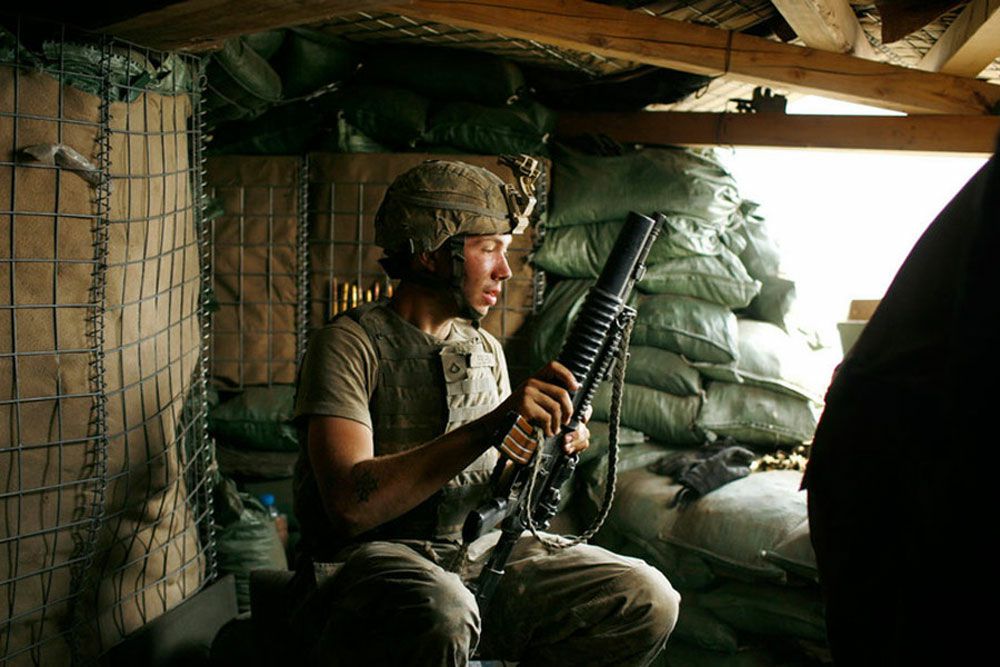
Not Just a Movie — A Reminder
Restrepo doesn’t end with credits. It ends in your mind — echoing through your thoughts, challenging your assumptions about war, courage, and the psychological cost of survival. It’s not entertainment. It’s documentation. A time capsule of fear, loyalty, and the strange beauty that can emerge when humanity is tested beyond limits.
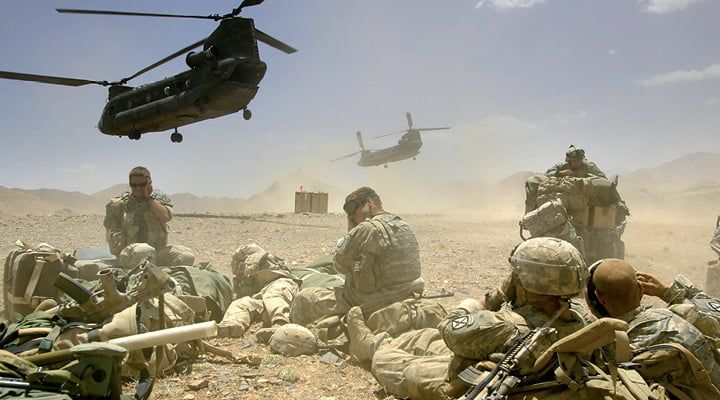
And perhaps that’s why Restrepo matters so deeply. Because long after the headlines fade and the missions are forgotten, this film keeps the memory alive — not of war itself, but of the people who endured it.



